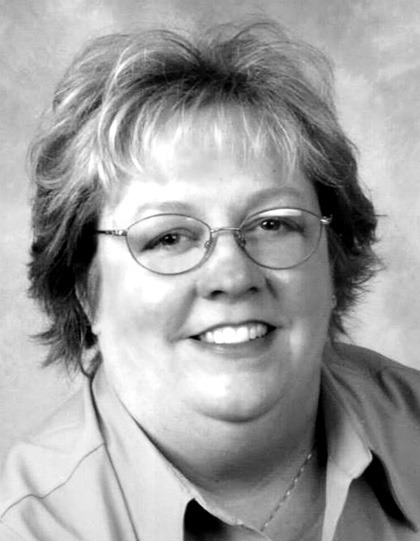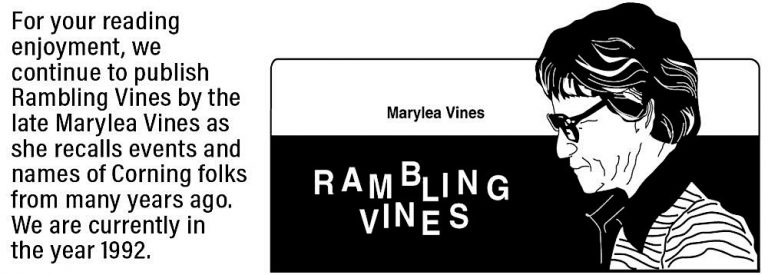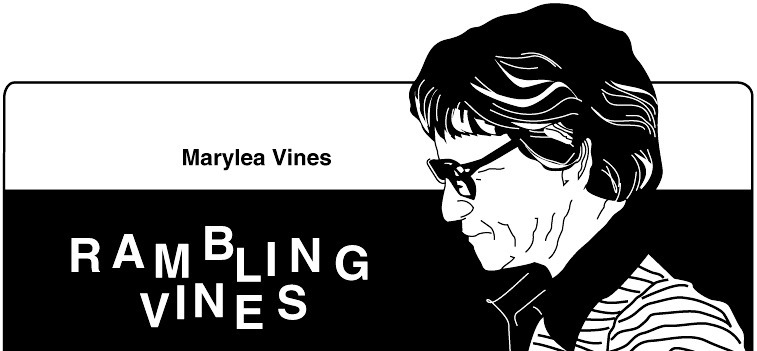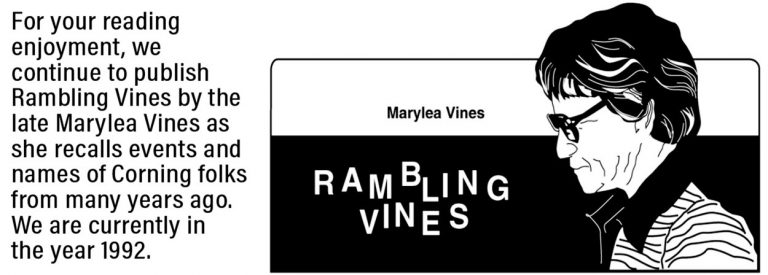The Lowe Down

Parts of this column were previously published in the Clay County Courier and have been rewritten and edited to address the topic of Banned Books Week.
Books were in abundance in my childhood home. They were a vital part of our family life. As soon as I learned how to read my parents ensured that books were readily available. They joined a children’s book club and had books delivered to our home, and we made family trips to the city library. It was such a joyful feeling leaving the library with a stack of books. When my dad wasn’t working nights as a police officer, he would read Bible stories to us before bedtime. Through their actions, my parents modeled to us that reading was important and that it was enjoyable. Honestly, as much as I appreciate technology, I’m so happy for a variety of reasons, that I was raised during a time when there wasn’t a small computer within my reach at all times.
Last week, Sept. 2228, 2024. was Banned Books Week. The week is an observance to recognize that we have to oppose banning attempts. Books are to encourage knowledge. It is wrong to ban them. To paraphrase a saying about book bans, “Book banners are never on the right side of history.” There’s only one reason that a select group of people want to hinder knowledge or control it and that’s to instill ignorance in order for people to be easier to control. We cannot watch people’s rights being stripped away as democracy balances on the brink with a select group dictating what citizens can and cannot do in America. Banning books is what happens when we begin to allow others to chip away at our rights. No one wants to be told what they can or cannot read.
Restriction of free thought and free speech is dangerous to a democracy. Now is not the time to ban books and reading materials. It’s imperative that we teach them to express their own opinions while respecting the opinions of others. There is a much larger worry to challenging books or banning them than meets the eye. It encourages the suppression of free thought and sharing of ideas as writers make book revisions to avoid what they fear might be considered controversy. Even publishers could make a decision to alter books or to shelve a book project for economic reasons if they fear it will be challenged. Libraries or bookstores could refuse to carry books that might be considered controversial and fear differing opinions. The whole idea of critical thinking is that we are introduced to various ideas of thought that differ from our own. How could we ever advance or grow as a society if we all read and thought the same thing? How would ideas be sparked?
The fear of the penalties of censorship is more detrimental to a society than the actual suppression attempt because when a book is banned, it can be found somewhere. In fact, a banned book often becomes a sought after read. The transgression lies in all the unpublished books, unexpressed philosophies and viewpoints by silenced authors and writers that will never see the light of day. It’s the books that will never be written and never read due to the fear of censorship that we should be concerned about now as our future generations will pay the price for this suppression. In a free society, no one should be allowed to tell Americans what they can and cannot read or write.
The late comedian George Carlin used to say, “Governments don’t want a population capable of critical thinking, they want obedient workers, people just smart enough to run the machines and just dumb enough to passively accept their situation.” The movement to suppress Freedom of Information laws and various other rights is nothing more than leaders wanting to keep a thumb on an unknowing and benign constituency.
Aside from travel, reading has long been respected as one of the most powerful vehicles to open minds to other ways of living and theories of thought. I’ve talked with many veterans who have been exposed to different ways of life through their military travel and most have said that they garnered a wisdom about people, countries, politics and intellectual ideas that they never would have experienced staying in their small town. They also earned an enhanced appreciation for America, “the Land of the Free”, through their travels. Being exposed to different ideas than what we may have grown up learning or believing doesn’t mean that we will suddenly embrace cultural or religious views that may be considered subversive in our small home towns. It does mean that perhaps we can use that knowledge to help our society. There’s something to be said for Proverbs 22:6, “Train up a child in the way he should go: and when he is old, he will not depart from it.” The responsibility of parents is to guide their children. Creating laws that determine what a child or anyone reads infringes on the rights of parents to guide and rear their own children. Banning books is an attempt to control intellectual freedom. Parents should have that control and influence with their children. As for adults, I think we are capable of selecting our own reading material.
In order to understand the world, children must be introduced to many books about various cultures and experiences that are different from their own. That is the goal and purpose of education and learning. It fosters a vast vocabulary and creates writers and thinkers, and very interesting and intelligent people. Reading is the one activity that influences all other learning and knowledge acquisition.
Our community is being enriched by the efforts of the Corning School District through the Soar Grant to place books into the hands of our children through the free lending libraries around our district, the Bobcat Book Bus, and family literacy book club events, while providing parent education concerning literacy.
Let us protect our freedoms, our librarians and libraries because equality reigns with them. Let’s fight to keep information free to everyone who enters a library and school and to keep books in the hands of anyone who wants to read them. Come November, let us vote judiciously for principles. As Americans, we know from our own country’s history that freedom is something to fight for and we do that by strengthening it, not suppressing it.
Pam Lowe is the editor of the Clay County Courier. Readers may contact Pam at plowe@cherryroad.com



